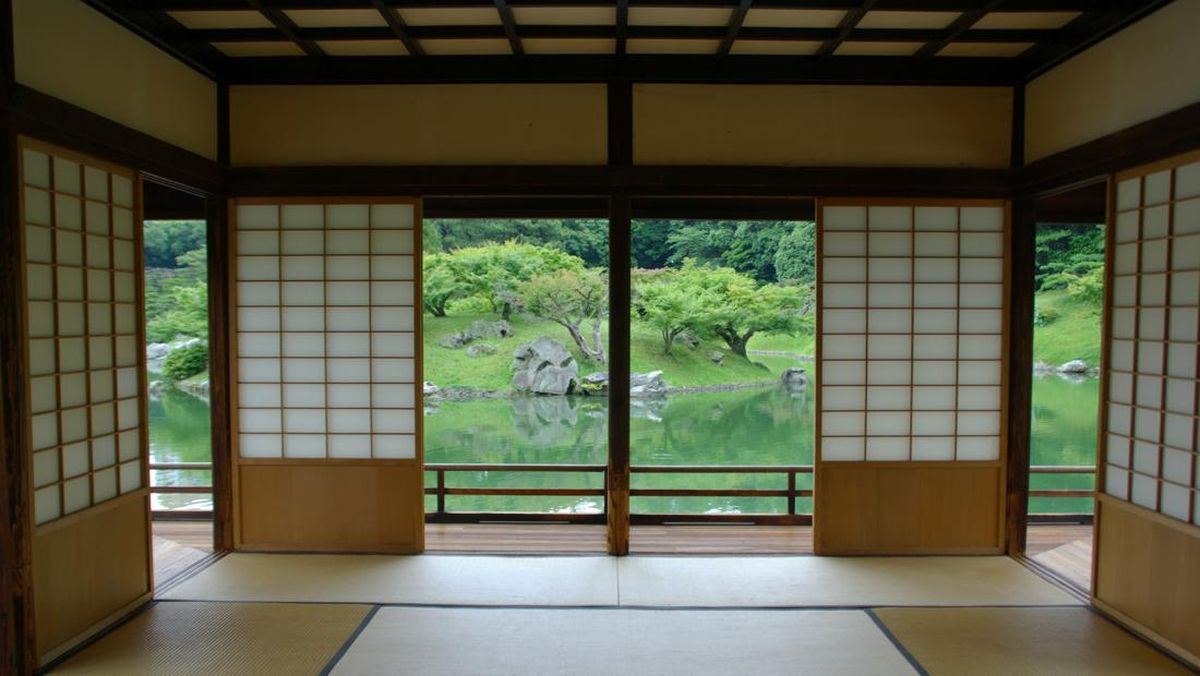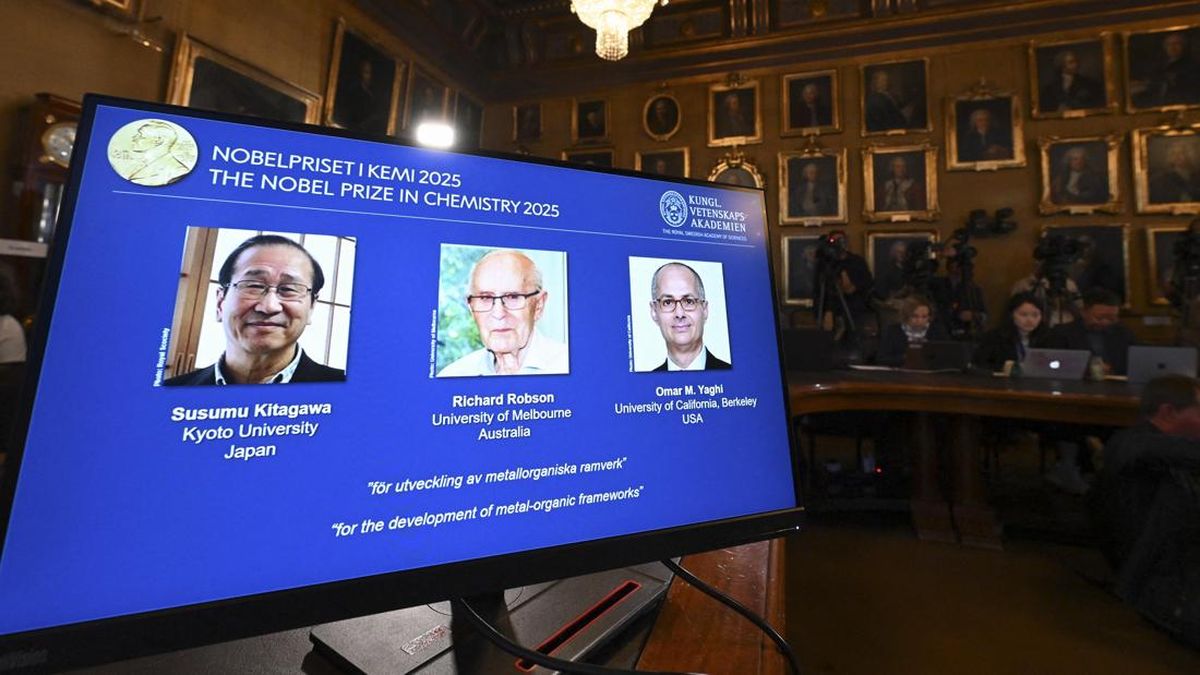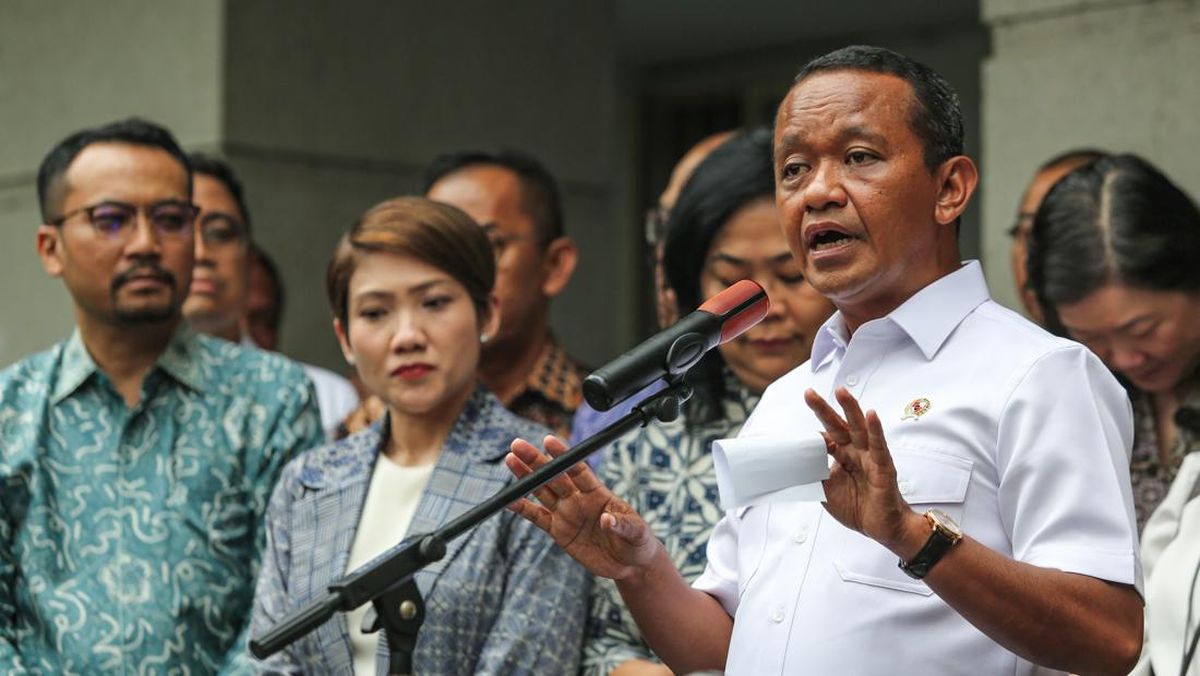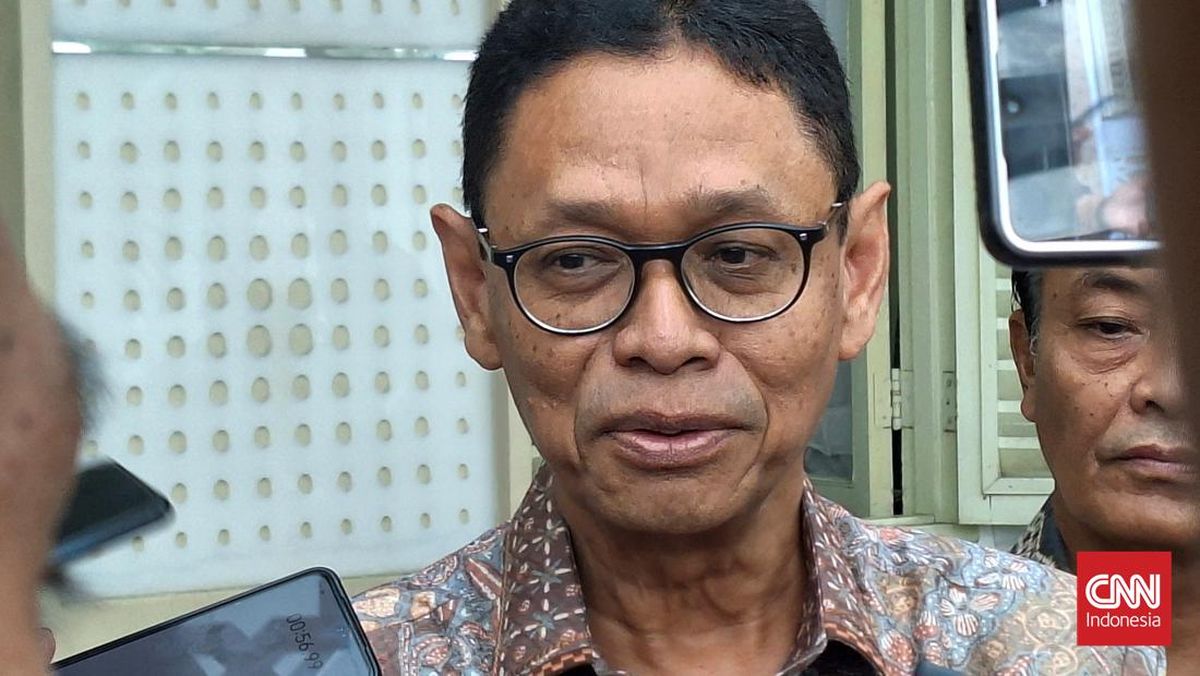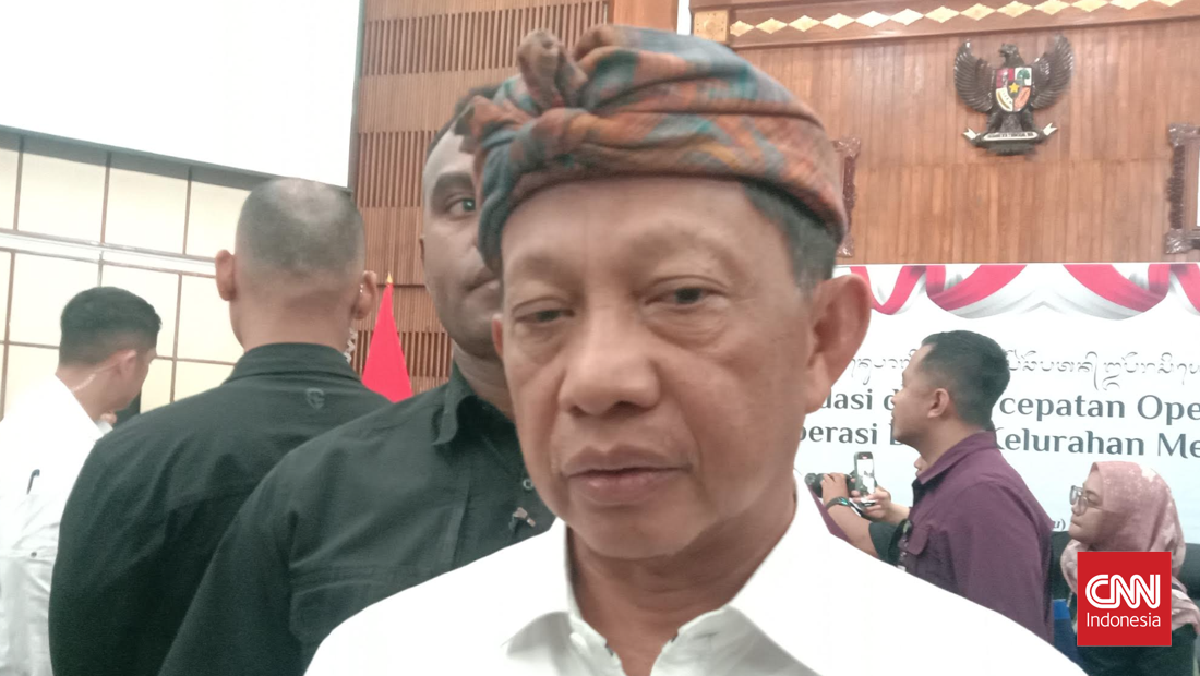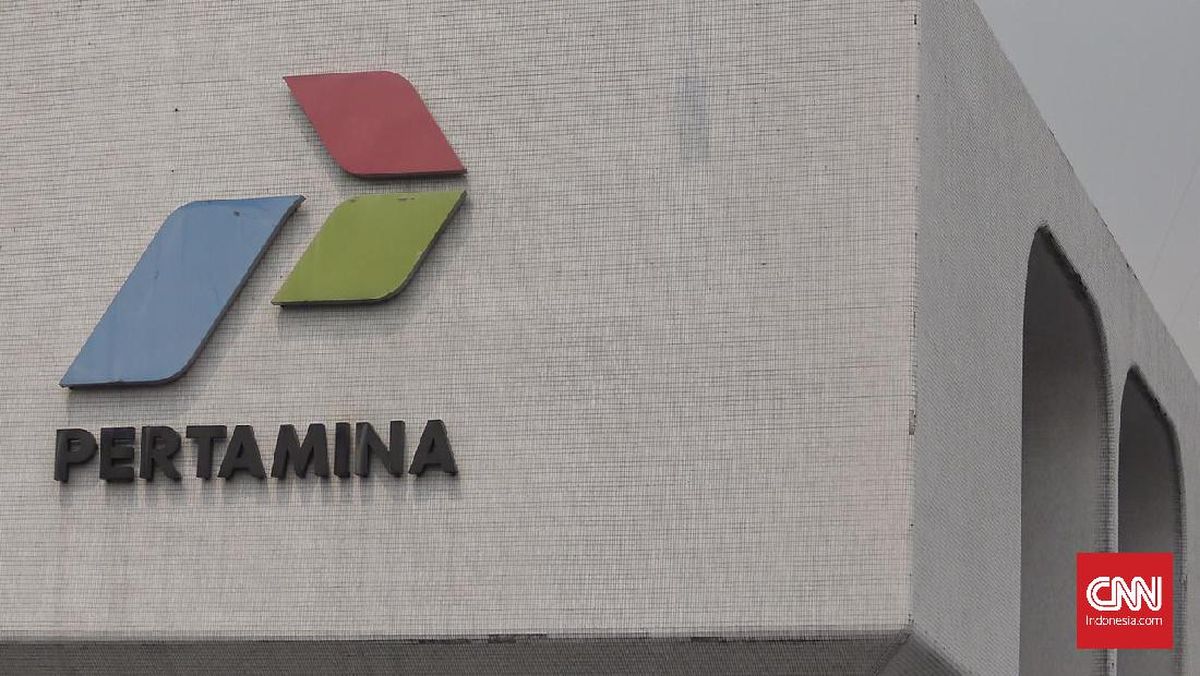As Mitchell Burriss moved from year 11 to year 12, he faced a dilemma. The passionate chemistry student and Fort Street High School pupil found, to his surprise, he was not enjoying physics.
Enter science extension, the subject introduced in 2018 as part of a state government effort to supercharge interest in the sciences and find the “next Nobel prize winner”.

Mitchell Burriss, a top achiever in science extension in 2024, is studying a bachelor of economics and advanced science at UNSW.Credit: Janie Barrett
“The idea of being able to do science extension was presented to me in an interesting way,” said Burriss, who decided to drop physics and take up the one-unit extension course. “From that day forward, I thought – it’s a way to take three-unit chemistry.”
Burriss, whose major project investigated the sustainability of using different alkali metals in batteries, came fourth in the state in the subject last year, and he’s not the only high achiever. In 2024, 81.6 per cent of students got a band E3 or E4 in the subject, a number that has been steadily rising since the first set of results in 2019.
That might not be surprising. Like the other extension subjects, schools tend to encourage only the highest-achieving students to take the subject, and not all schools offer it – about 200 did in 2024. But science extension is still much less popular than its English or mathematics equivalents (just 754 students took it last year), suggesting plenty of talented student scientists may be overlooking it.
Compared with the five two-unit science subjects, a much higher proportion of students achieve the top two bands. In the six years of results since science extension was introduced, the average percentage of students getting one of the top two grades was 75.4, while the other subjects ranged from 31.2 to 40 per cent. Chemistry and physics, taken by similar numbers of students, were the two-unit subjects where most students received one of the top two grades in that period.
Biology, the most popular science subject, taken by about 19,000 year 12s last year, had an average of 31.3 per cent of students achieving a mark above 80, though results have been improving in the past two years.
In science extension, students learn in-depth about the scientific process before deciding on a major project in any science, producing a research portfolio and a report that highlights their findings. A two-hour online exam asks them to answer questions with the help of their report.

Yeshaya Ram, who topped science extension in 2024, said the course is “blood, sweat and tears”, but rewards perseverance.Credit: James Brickwood
Yeshaya Ram, who topped the subject last year, described it as “blood, sweat and tears”, but encouraged students to persevere in the search for their major work and focus on clear written communication of their findings in the final exam.
“You will find a solution, you will find a project that you love and enjoy researching in the end.”
Her major project examined alternative ways to decompose plastics using mealworms. Ram, who went to William Carey Christian School in Prestons, is studying law and economics at the University of NSW, but said science extension’s emphasis on statistics and research skills had already proved useful for her degree.
Burriss, who is studying a double degree in chemistry and economics at UNSW, which facilitated his year 12 research project, said students who don’t have a family background in science should still consider STEM subjects.

Mealworms consume plastic under a microscope. From left to right: expanded polystyrene, high-density and low-density polyethylene plastics. Credit: Yeshaya Ram
“I think science really has that ability to give you recognition, to give you meaning within society ... the science extension course showed me what doing science really looks like.”
Loading
Most Viewed in Politics
Loading

